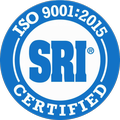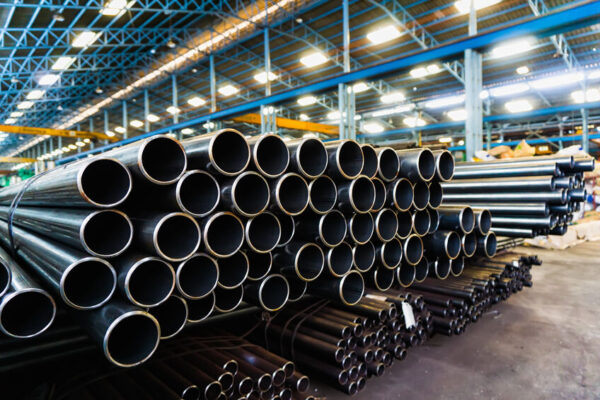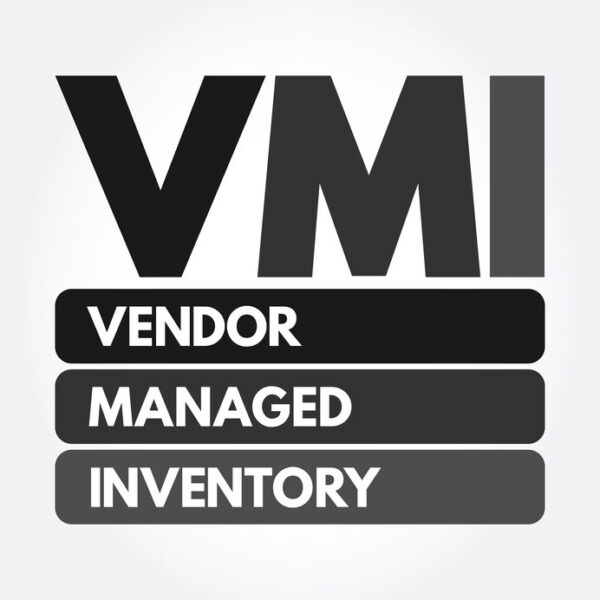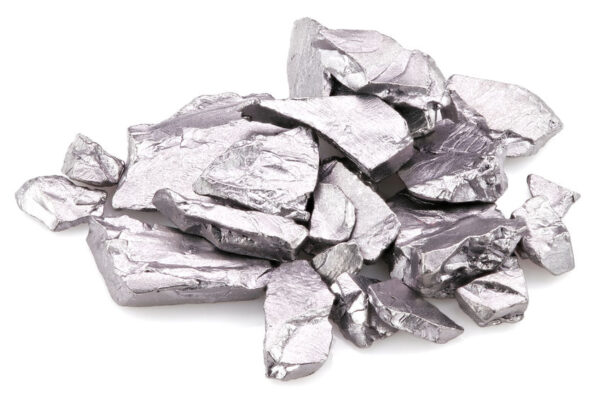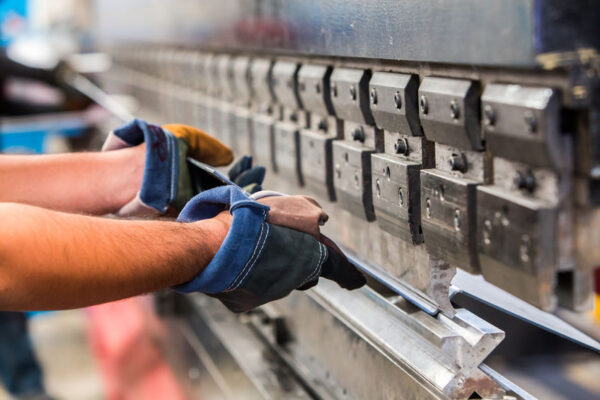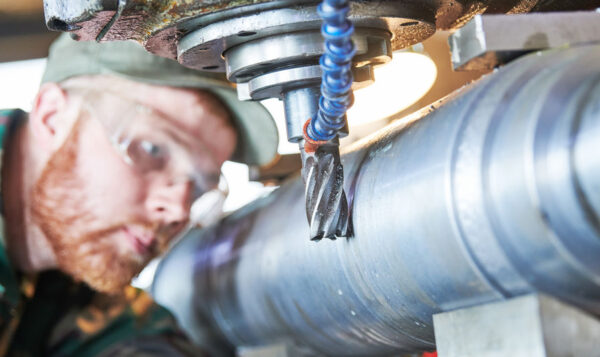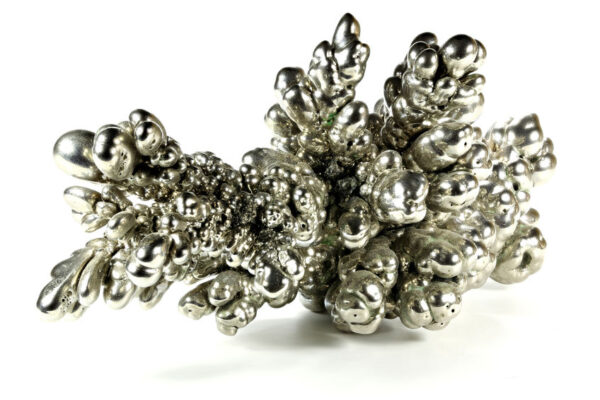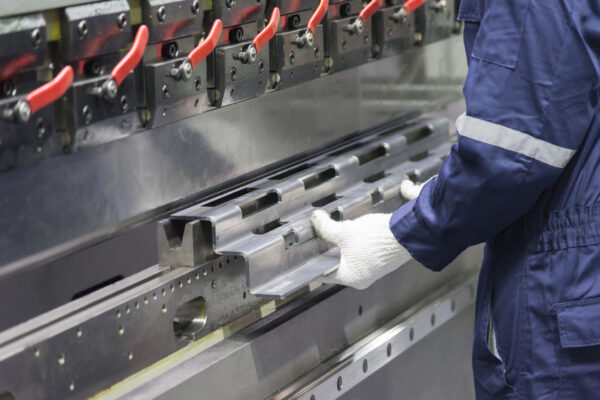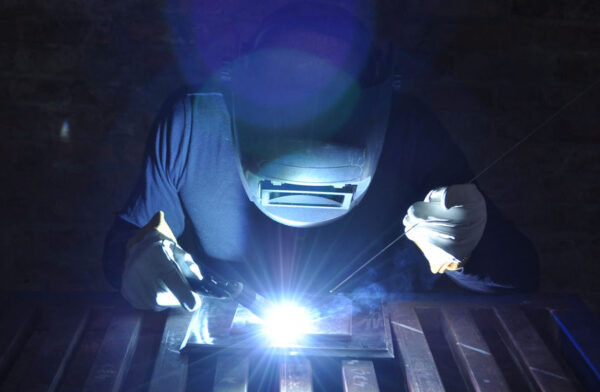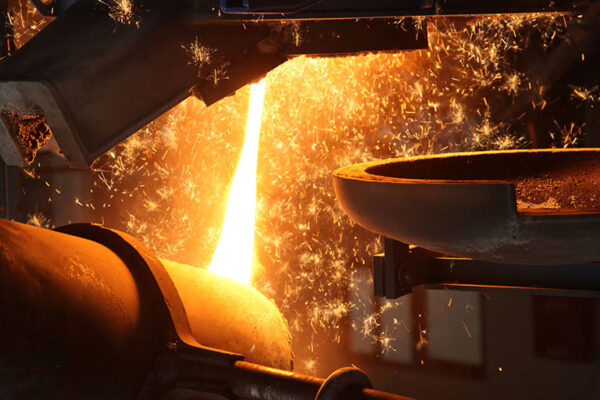
It’s time to talk about nickel. Now if you’re like most people, you just think of “nickels,” aka 5 cent pieces we use for money. But there’s nickel, element number 28 on the periodic table, with an atomic mass of 58.69. Nickel is used in a variety of ways– you’ll find it all around you… Li piplis »

